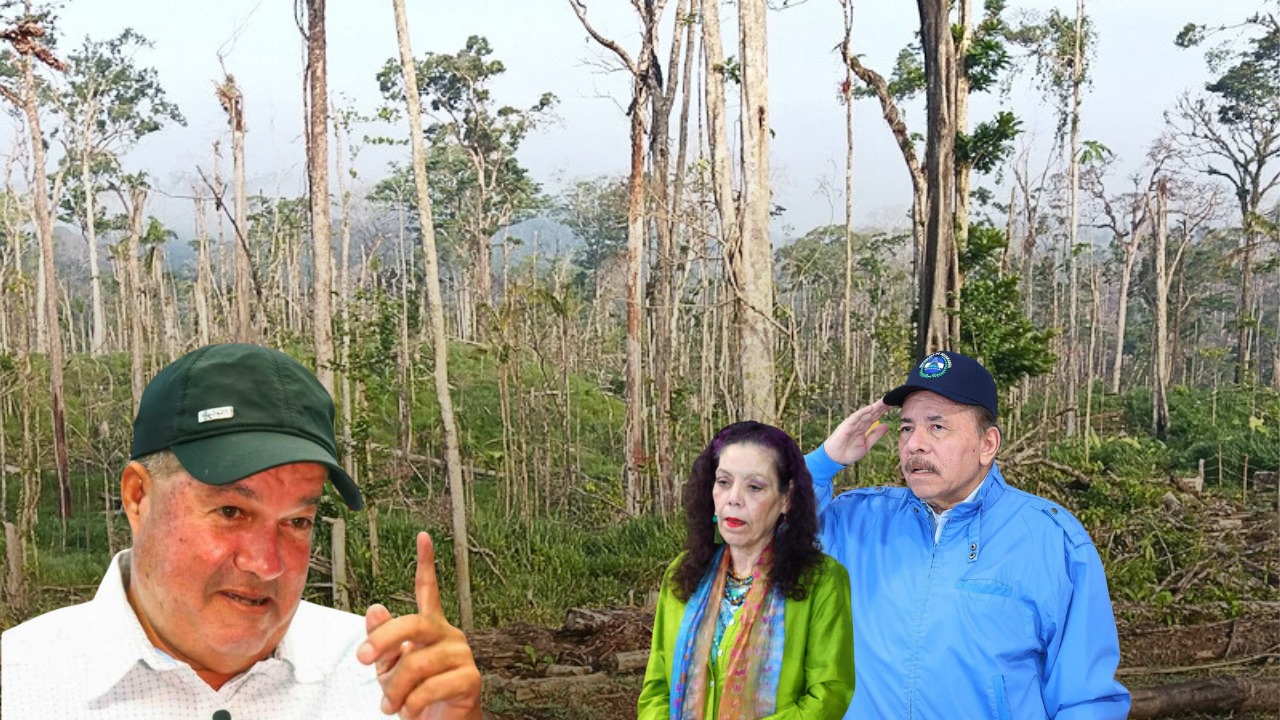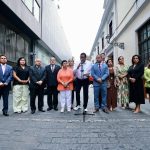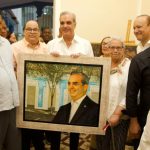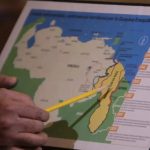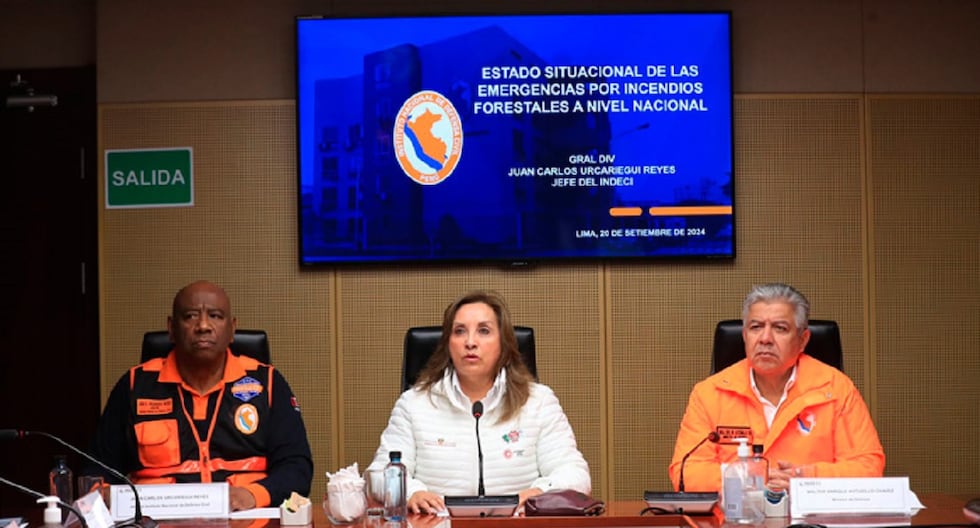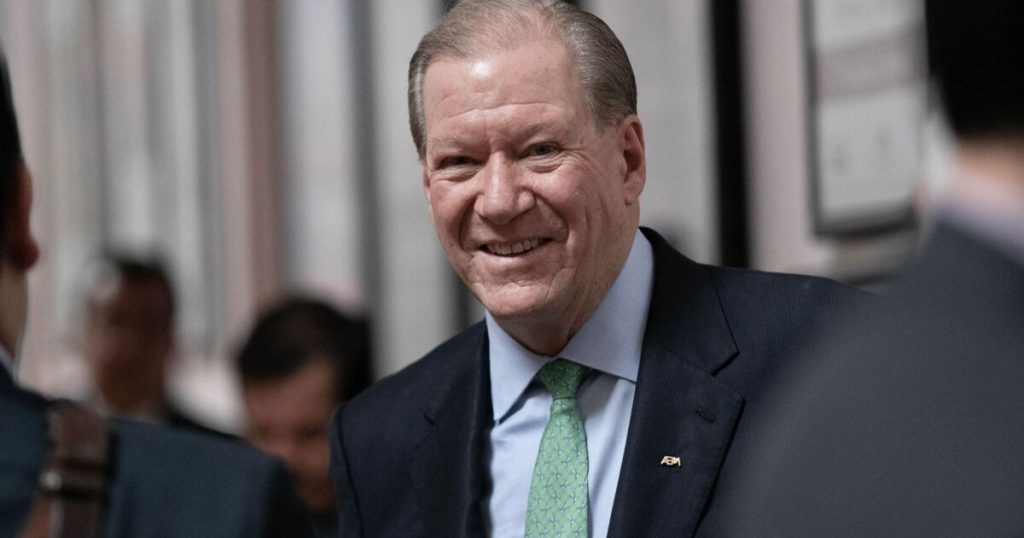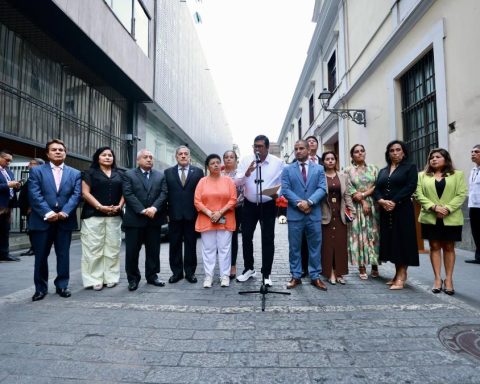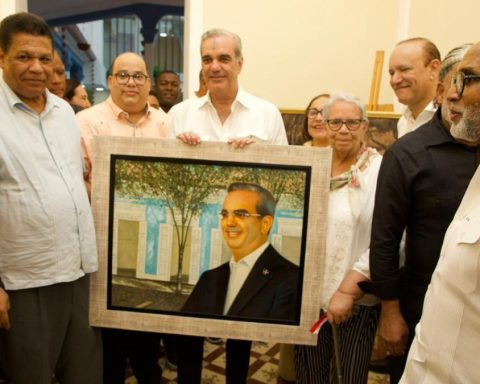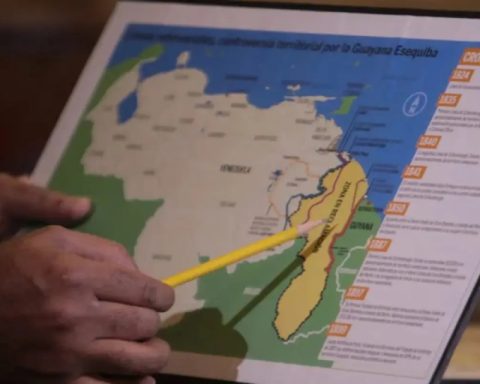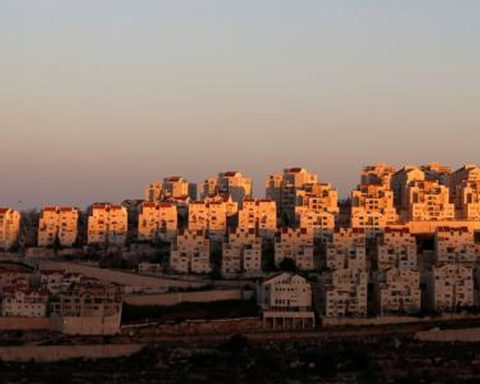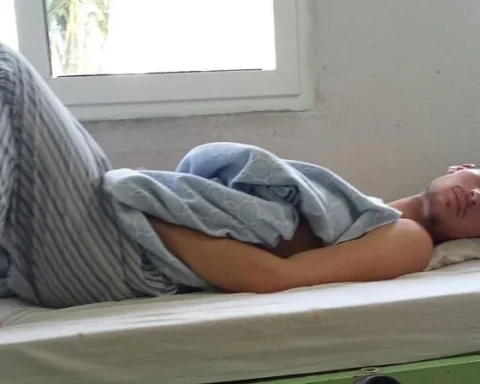On September 14, a patrol of the Nicaraguan Army “detained” the leader of the Caribbean Coast and presidential advisor on indigenous issues, Steadman Fagot, and handed him over to the Sandinista Police for an “investigation” for alleged drug trafficking and attacks on state security, but all this happened just one day after the Caribbean leader accused the Army and the Police of supporting and “collaborating” with the settlers who invade and ravage the lands of the native communities.
That complaint cost him his freedom, which for the president of the environmental organization in exile Fundación del Río, Amaru Ruíz, is an “arbitrary detention” by the Nicaraguan Army and also “a serious error” by the military forces to have carried out this action because “it shows once again the arbitrariness with which the Nicaraguan Army acts and its links with the regime and the corruption processes on the Caribbean Coast.”
The environmental activist, who was denationalized by the dictatorship and the NGO he runs was outlawed, believes that Fagot denounces “the complicity of some indigenous territorial governments, the complexity of the situation in indigenous communities, the complicity of regional governments with, at least, the consent of the Police and the Army, that is, it points to the intermediary actors.”
Ruiz analyzes that Fagot, who has been an ally of the dictatorship since before Daniel Ortega returned to power in 2007, in an interview conducted by the director of Article 66 In the program En Contacto, he wanted to “exonerate the dictators Ortega and Rosario Murillo of all blame” for the crisis caused by the settlers in the Caribbean. However, this strategy of blaming “intermediate actors” was of no use to him, since he was arrested by the repressive forces and imprisoned anyway.
Related news: Steadman Fagot accuses the Police and the Army of complicity with the settlers who murder in the Caribbean of Nicaragua
For the president of Fundación del Río, in his complaint, Fagot was not truthful because the dictators do have knowledge and allow what happens in the Caribbean lands, and he maintains that “these two dictators know perfectly well what happens in the Caribbean Coast because they have sufficient information from their intelligence cadre, from their active personnel in the State institutions and from their own party structures.”
The environmental leader believes that the aim of the dictatorship, with the support of local leaders who have colluded with the regime, is to force a process called “coexistence and cohabitation” between the invading settlers and the native communities, something that is absolutely rejected by the indigenous people who demand the sanitation of their lands and the eviction of the settlers.
The regime does not dare to evict the invaders from indigenous lands, says Ruiz, because its local political actors have warned Ortega and Murillo that “the political cost is very high and so it is better to leave them there and not do any sanitation and then it is better to promote cohabitation or peaceful coexistence.”
However, the defender of the environment and indigenous communities warns that this “coexistence and cohabitation” means the “disappearance of the community” and the annihilation of the regions of the Caribbean Coast.
Now the dictatorship has imprisoned the two best-known leaders of the North Caribbean Coast, who incidentally were the ones who led the armed resistance of the indigenous communities against the Sandinista regime in the 1980s.
Ortega’s prime minister imprisoned
Fagot was appointed by the dictator Ortega in 2007, through Presidential Agreement 59-2007, as Executive President of the Nicaraguan Institute of Fisheries and Aquaculture. In 2017, he was appointed by the tyrant as presidential advisor for indigenous peoples’ affairs and on August 16 he was ratified as “advisor with the rank of minister” of the dictator Ortega, but only a month later he was arrested by Army personnel and imprisoned.
The traditional veteran indigenous leader, now 71 years old, who throughout his life has been accused of being an ally of the dictator Somoza, then an ally of the Sandinistas in the 80s and at that same time an enemy of them, whom he confronted with weapons from the organization MISURAKISAN, now becomes the first minister of the tyranny to be taken to prison.
He warned that indigenous people are willing to defend their lands with weapons
In his statements on September 13, the Caribbean presidential advisor issued a strong warning to the Government, although without mentioning them and trying to shift the blame away from the dictators, he said that the inhabitants of the Caribbean communities are willing to defend their lands, even with weapons, and that they are only waiting for him to give them the order, and he announced that he was willing to assume the consequences if he gave that order.
“There is a people who are desperately waiting for the order, for the signal, and don’t be mistaken with me, even when I’m old I can give the signal,” Fagot warned, showing that he is back to lead the Caribbean indigenous resistance as in the 1980s.
“I am willing to accept the consequences of these signals,” he said, and made it clear that they could take action when he said that “we have risen again in this fight.”
The Ortega-Murillo dictatorship now has the three main leaders of the North Caribbean behind bars. The deputy and top leader of the Yatama party, his deputy and also leader of that party, Nancy Henríquez, have been incarcerated for about a year, and finally Fagot was arrested.
However, the presidential advisor, now imprisoned by the regime, had also warned in his statements that led to his arrest that if he was imprisoned, there were others who would be willing to “give the order” to join the fight.
Accused of attacking his communities for defending the regime that now imprisons him
Fagot, who along with Brooklyn Rivera are seen as the most veteran indigenous leaders in the Caribbean, and also carries the prestige of having led the armed struggle against the Sandinistas in the 1980s, has led a controversial leadership, accused of being a traitor at times, for allying himself with his enemy to the detriment of the rights of indigenous peoples, as well as for supposedly being more interested in seeking high public office, to the detriment of community rights.

In 2015, Rivera, through his Yatama party, accused his former comrade and co-founder of the indigenous party, of having led pro-government groups and supplying them with supplies to attack community members protecting their forests.
“The clashes that occurred in the communities of Wangky Li Aubra territory, on September 12-14 (2015) were instigated by the FSLN government agent, Steadman Fagot,”
Five community members were killed in these attacks and Fagot is accused of being one of those responsible, and for this reason he was called “anti-indigenous” for having allied himself with the Sandinista regime and attacking his brothers. The same dictatorship that allegedly even promoted the killing of community members now imprisons him.
Community members distrust Fagot
It is precisely these types of actions that make Fagot a leader in whom some community members do not trust, according to the president of Fundación del Río.
Ruiz believes that Fagot did not act lightly, because a few days earlier, as part of his duties as presidential advisor, he went to the Waspam communities to look for evidence of the allegations of land invasion and violence carried out by the settlers, and he allegedly found “the entire corruption process endorsed by the regional governments, municipalities, so that also had implications because I understand that there are some people who distrust him because he has been part of the regime.”
The environmentalist concludes that, indeed, Fagot’s statements accusing the Army and the Police of “at the very least (being) condoners” of the murders, land theft and all the violence exercised by the invaders, “are incendiary,” however, he analyzes that when he threatened with the order to go on to fight, he was not referring to attacking the government but the settlers, in defense of their territory.
So far, the regime has not reported on the progress of the proceedings against the presidential adviser. It only indicated in a brief press release that he had been arrested by the Army for allegedly being involved in drug trafficking and planning attacks on military units to steal weapons from the military institution, in posts located on the Coco River.
